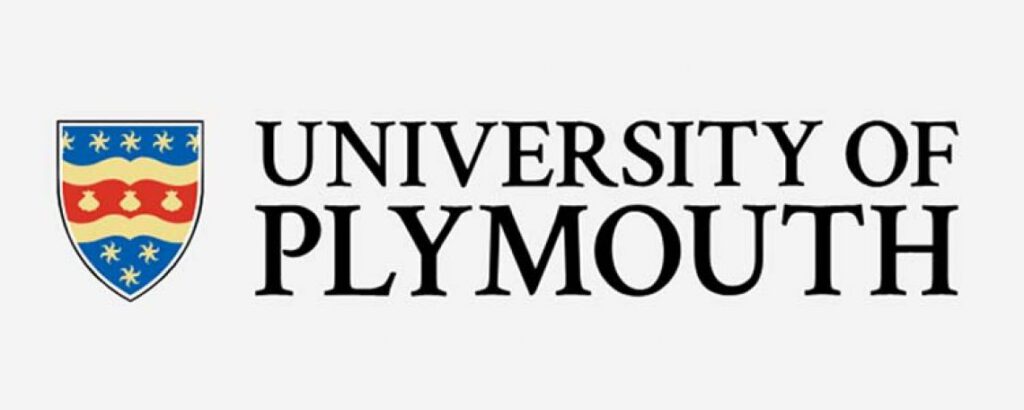University of Plymouth chosen to be a part of national knowledge exchange project

The University of Plymouth has been chosen as one of 21 higher education institutions to help establish the government’s new Knowledge Exchange Framework (KEF).
Like the Teaching Excellence Framework, the KEF will be a publicly-available and bench-marked evaluation – but this time focusing upon how well a university translates its expertise and knowledge into support for business and other users. It will provide institutions with better ways to understand and improve their performance, and greatly enhance the information available to external bodies looking to access the knowledge and expertise embedded within universities.
Announced by Research England, a pilot project will run until May 2019 and will help to shape how the KEF will operate in the country when it is expected to be launched next year. As part of the pilot, the University of Plymouth will attend a number of workshops to test the metrics and proposed narrative statements, and look at how the results of future KEF iterations could be presented.
Professor Jerry Roberts, Deputy Vice-Chancellor (Research and Enterprise), said:
“The University is delighted to be able to play a role in the development of the KEF. We have been chosen to take part in recognition of both our longstanding commitment to knowledge exchange and transfer, and our track record of partnership and collaboration across research and innovation. This is an important consultation process and we are looking forward to sharing with Research England the insights we have gained over many years in this field.”
The 21 universities selected represent a range of different types of institution, drawn from a geographical cross section of England. They include the University of Oxford, the London School of Economics and Political Science, and the University of Sheffield.
Research England’s Director of Knowledge Exchange, Alice Frost, said:
“We are very pleased with the enthusiasm expressed by the sector to engage with the KEF through this pilot exercise. The high level of interest has allowed us to build a pilot group that includes universities from every one of the proposed KEF clusters and with a wide range of other characteristics. Having a fully representative group of pilot institutions is important to ensure the KEF is a robust and useful framework for universities and other users.”
The outcome of the pilot project is expected to be published in the summer.












Responses